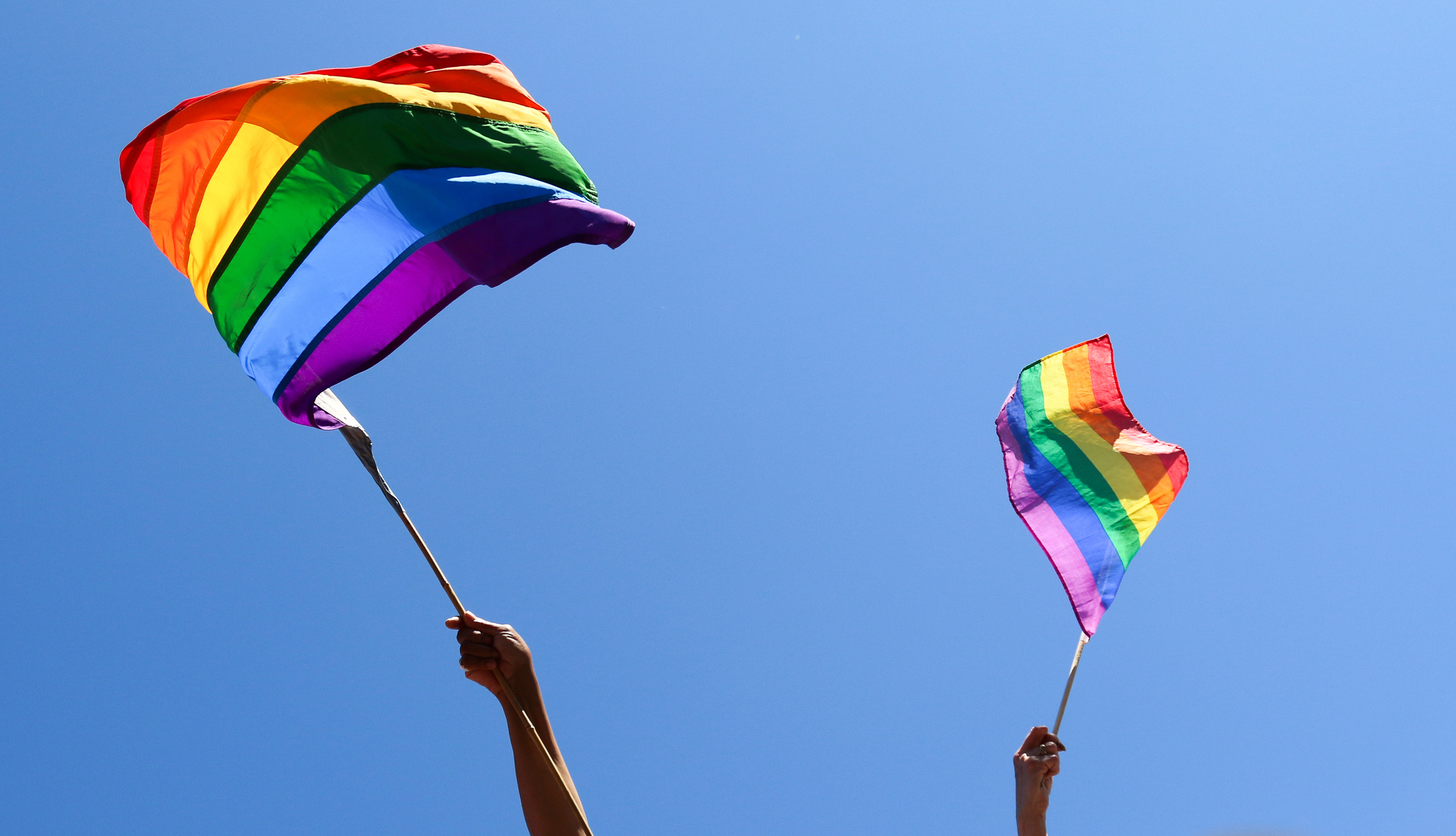Last April, Twitter quietly edited its abuse and harassment policy to no longer explicitly ban deadnaming (calling transgender people by a former name) or misgendering (purposely using non-preferred pronouns or gender labels).
Twitter's decision came after Elon Musk suggested that his own tweets might violate the long-standing policy, which was first enacted in 2018. And that seemed to be that—until last month, when the platform, now called X, just as quietly reinstated a version of the old policy.
In a section labeled "Use of Prior Names and Pronouns," X's updated policy confirms that X will "reduce the visibility of posts that purposefully use different pronouns to address someone other than what that person uses for themselves, or that use a previous name that someone no longer goes by as part of their transition."
GLAAD's senior director of social media safety Jenni Olson told Ars that she believes policies explicitly banning deadnaming and misgendering are better than vague policies that don't make it clear what's banned. Clarity makes it easier for content moderators to act on valid reports of hate speech.
X's policy acknowledges that mods might struggle to discern violative uses of prior names and pronouns. That's why X says that, "given the complexity of determining whether such a violation has occurred, we must always hear from the target to determine if a violation has occurred."
Requiring users to self-report these attacks, Olson told Ars, places a significant burden on the victim, which is why GLAAD—which has spent the past 16 years providing guidance to all the major platforms on LGBTQ+ safety—doesn't recommend self-reporting requirements in a platform's moderation policies.
While Olson sees the changes at X as positive, the company's decision to reduce the visibility of attacks—rather than explicitly ban them—is still viewed by GLAAD as a step back from the stronger protections that users enjoyed on Twitter for years. X did not respond to Ars' request to comment.


 Loading comments...
Loading comments...
